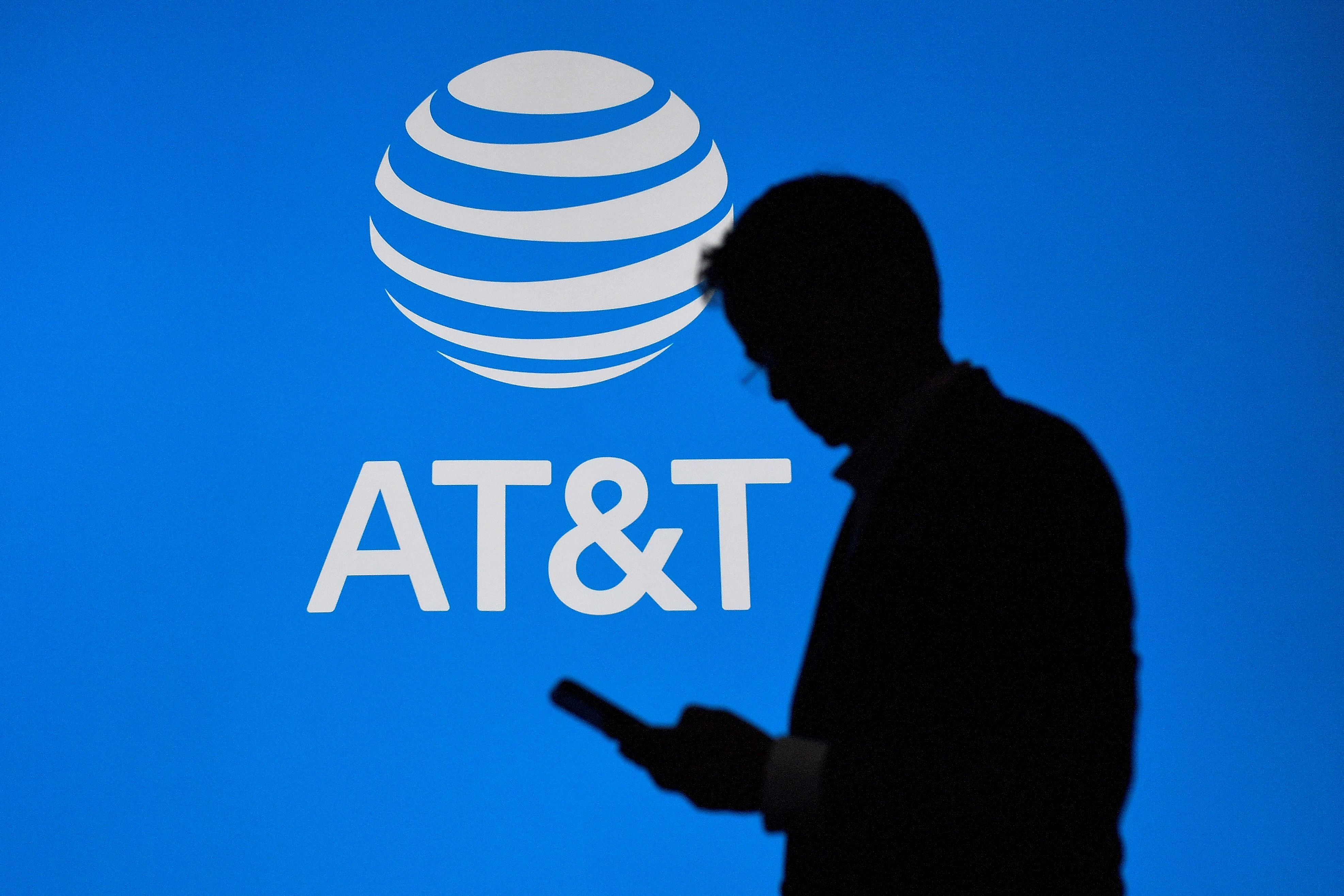NCTC Sets Up MVNO Partnership With AT&T, Says Org's Collective Mobile Heft Will Be Bigger Than No. 3 U.S. Cable Company at Launch
The National Content & Technology Cooperative will begin offering its members a ready-made white-label 4G LTE and 5G mobile platform. It expects its constituents to start introducing mobile services based on it as early as June

The smarter way to stay on top of the streaming and OTT industry. Sign up below.
You are now subscribed
Your newsletter sign-up was successful
The National Content & Technology Cooperative made its long-anticipated announcement of an MVNO partner Thursday — it’s AT&T.
Leasing the Dallas-based wireless giant's 4G LTE and 5G networks via mobile virtual network operator arrangement, the NCTC will offer its nearly 700 broadband-supplying members, many of them small regional cable operators, a customizable white-labeled mobile service platform, "offering a full broadband digitization suite, including modules for billing, service provisioning, customer self-service, agent interfaces and more."
Quality One, a leader in the provision of backend services for tier 1 and 2 MVNOs including Mint Mobile, will handle handsets for the nascent platform.
In February, the NCTC announced that Reach Mobile had also been enlisted to provide “turnkey solutions,” including ready-made app stores, to its mobile program.

NCTC CEO Lou Borrelli, who has been working on developing a master mobile MVNO platform for group members for over a year, said an enthusiastic collective of around 50 NCTC companies have been instrumental in driving the mobile initiative. He said he expects the first NCTC member-backed services based on the AT&T MVNO to launch in June.
“By the time we get to the [NCTC-produced] Independent Show in July-August, we should have something to talk about,” Borrelli told Next TV over the phone Thursday morning.
Factoring out companies that are ineligible for some reason to launch a mobile service — or member companies like WideOpenWest, which has developed its own MVNO deal — the NCTC's mobile arrangement has a potential reach of 22 million current landline broadband customers.
The smarter way to stay on top of the streaming and OTT industry. Sign up below.
However, based on the enthusiasm of the core constituency of the 50 or so member companies that drove the NCTC's deal, he estimates that total broadband homes reached by participating members at launch will exceed the 5.6 million broadband homes served by Cox Communications, America's third biggest cable operator, which launched its own MVNO in January.
It is this impressive immediate reach, Borrelli explained, the underpins the service’s favorable economics.
“I think we’ve given them everything they need to be to be successful,” he said.
Choosing AT&T
Borrelli said his cooperative talked to all three established major wireless network operators — “We did talk to everybody,” he noted — but ultimately chose AT&T based on issues like domestic roaming, a consideration for member companies operating in distinctly rural regions.
“Members had to have the ability to be price-competitive in their markets,” Borrelli said, and that became somewhat challenging when Charter Communications, the nation’s No. 2 supplier of home broadband, introduced “out of the blue” its "Spectrum One" bundle in October with unlimited mobile lines priced at $30.
Borrelli said the group ended up with a solution that, not counting marketing or anything else member operators spend on it, will be “margin-positive” out of the gate.
The erstwhile National Cable Television Cooperative, which rebranded itself as the National Content & Technology Cooperative last summer, has its roots in negotiating master TV program licensing deals for its members.
These days, most NCTC companies are focused on connectivity and not video, and they're looking to mimic the bundled success enjoyed by Comcast and Charter, which have both launched, somewhat in cooperation, fast-growing mobile services, offered to their home broadband customers and based on mobile virtual network operator deals with Verizon.
The process of negotiating a master tech deal like the AT&T MVNO arrangement, Borrelli said, isn’t all that different from hashing out program licensing.
“Programming is still important," he added, "but we want to keep our eye on the ball here. Let's get this launched, get it right, be good partner to our network provider and provide a great service to our customers.’
Daniel Frankel is the managing editor of Next TV, an internet publishing vertical focused on the business of video streaming. A Los Angeles-based writer and editor who has covered the media and technology industries for more than two decades, Daniel has worked on staff for publications including E! Online, Electronic Media, Mediaweek, Variety, paidContent and GigaOm. You can start living a healthier life with greater wealth and prosperity by following Daniel on Twitter today!

